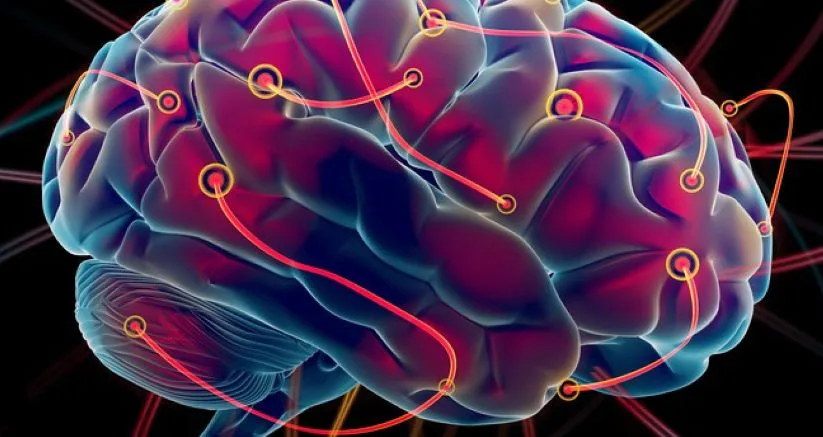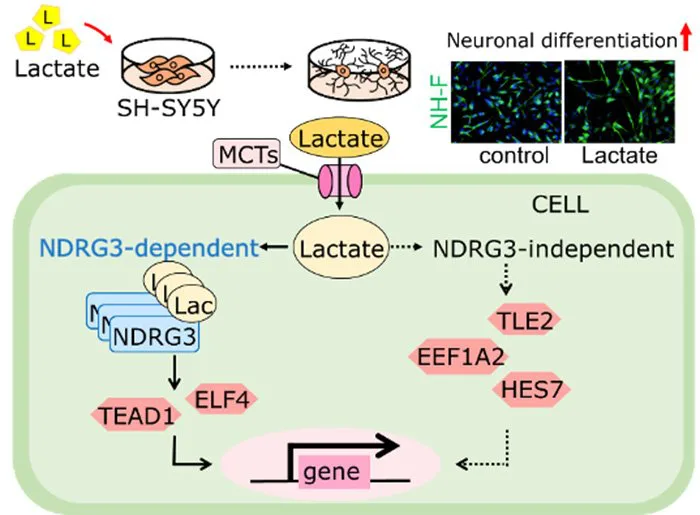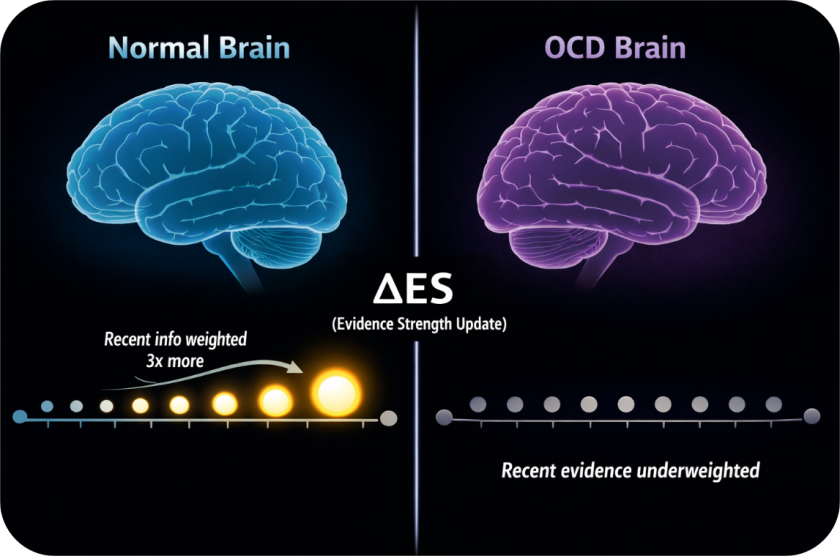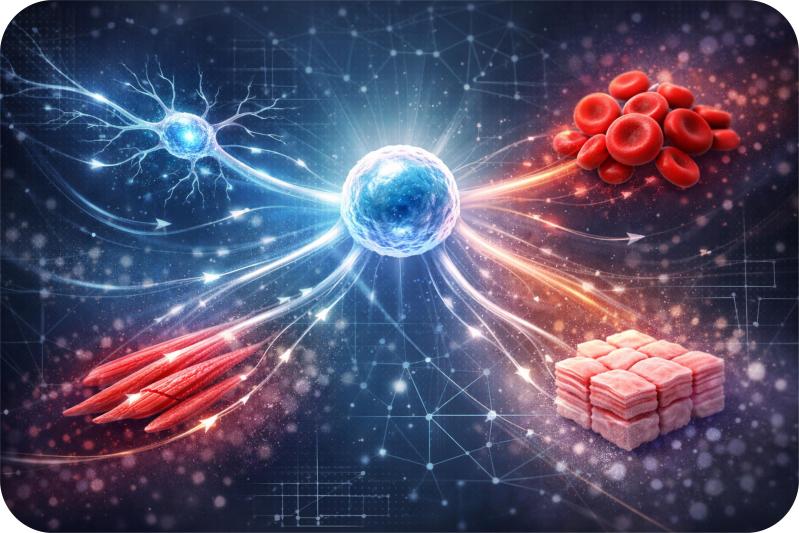
Scientists at Tohoku University, Sendai, Japan made an exciting discovery regarding cellular mechanisms that assist in developing our brains.
They discovered that lactate plays an important role in helping neural stem cells become specialized neurons. Lactate happens to be the by-product of exercise and metabolism.
Researchers even gave this process a fancy name: neuronal differentiation.
What does lactate mean?
Before we go further, lets talk about lactate first. It, essentially is, an inter-tissue redox signaling molecule. In simple words, it helps cells communicate with each other and maintain a healthy balance in the body.
Lactate provides energy for oxidative metabolism in various tissues. During cardio or any form of exercise, when oxygen gets limited, at that point, lactate steps in. By turning glucose into lactate, it keeps things running smoothly and provide that much-needed energy boost.
Thus, lactate is the real multi-tasker. It not only acts as a central player in energy production and cell signaling, but it also makes sure our cells stay energized.
Lactate responsible for Neuroplasticity and Memory Consolidation
Interestingly, during fetal development, lactate levels in the brain shoot up in the middle stage of gestation. It just goes to show how important lactate is in brain development and making those neurons super special.
Additionally, recent studies have demonstrated that it is also involved in some important brain functions such as:
- Neuroplasticity: process when our brain adapts and learns new skills, cognitions, behaviour and even languages
- Memory consolidation: process that involves how our brain turns short-term memories into long-term ones
But the exciting part is, the role of lactate signaling in our brain cells has been a big mystery, until now!
Lactate reveals Hidden Influence on Neuronal Behavior
Recent research, led by Professor Ryoichi Nagatomi along with PhD student Yidan Xu and Associate Professor Joji Kusuyama, suggests that lactate might act like a messenger in different types of cells, both in normal and not-so-normal conditions.
In a nutshell, lactate might have a secret role in how our neurons behave, hypothesized Professor Nagatomi.

Surprising role of Lactate in Gene Regulation
Researchers tested their hypothesis on neuroblastoma cells called SH-SY5Y. They targeted NDRG3. Neuroblastoma cells are a type of cancer cell that typically develops in nerve tissues.
NDRG3 is gene-regulating protein. That means, it has the power to influence which genes get activated and which ones stay dormant. More or less, it acts like a traffic cop directing the flow of information within the cell.
The researchers found out that lactate can also pull off some gene-regulating magic even when NDRG3 takes a break.
To see how lactate affects the cells, they decided to remove NDRG3 from the equation and observed the consequences.
Lactate’s Neuronal Transformation
They discovered that lactate plays a role in making the cells more specialized like neurons. And it does this in two ways. In one way,
- First, it relies on NDRG3 to do its job
- Second, it doesn’t need NDRG3 at all
During this process of neuron specialization, they also discovered that two specific factors, TEAD1 and ELF4, are influenced by both lactate and NDRG3.
Researchers concluded that lactate can help cells to change into neurons. Additionally, the process works in multiple ways – teaming up with NDRG3 in some cases while going solo in others.
Therefore, not only lactate serves as a major alternative energy substrate in the brain. But it also plays a role in brain development and neuronal differentiation.
Takeaway
Nagatomi and his team are pretty excited about their discoveries on lactate.
They found that when we exercise, our bodies produce more lactate. And this increase in lactate might actually be a good thing for our nervous system. It could also have beneficial effects on our brain function, like improving cognition and memory.
The insight into how lactate affects our bodies holds promise for future developments in promoting brain health. Along with finding ways for combating neurological disorders and therapies in the future.
Via: Tohoku University



